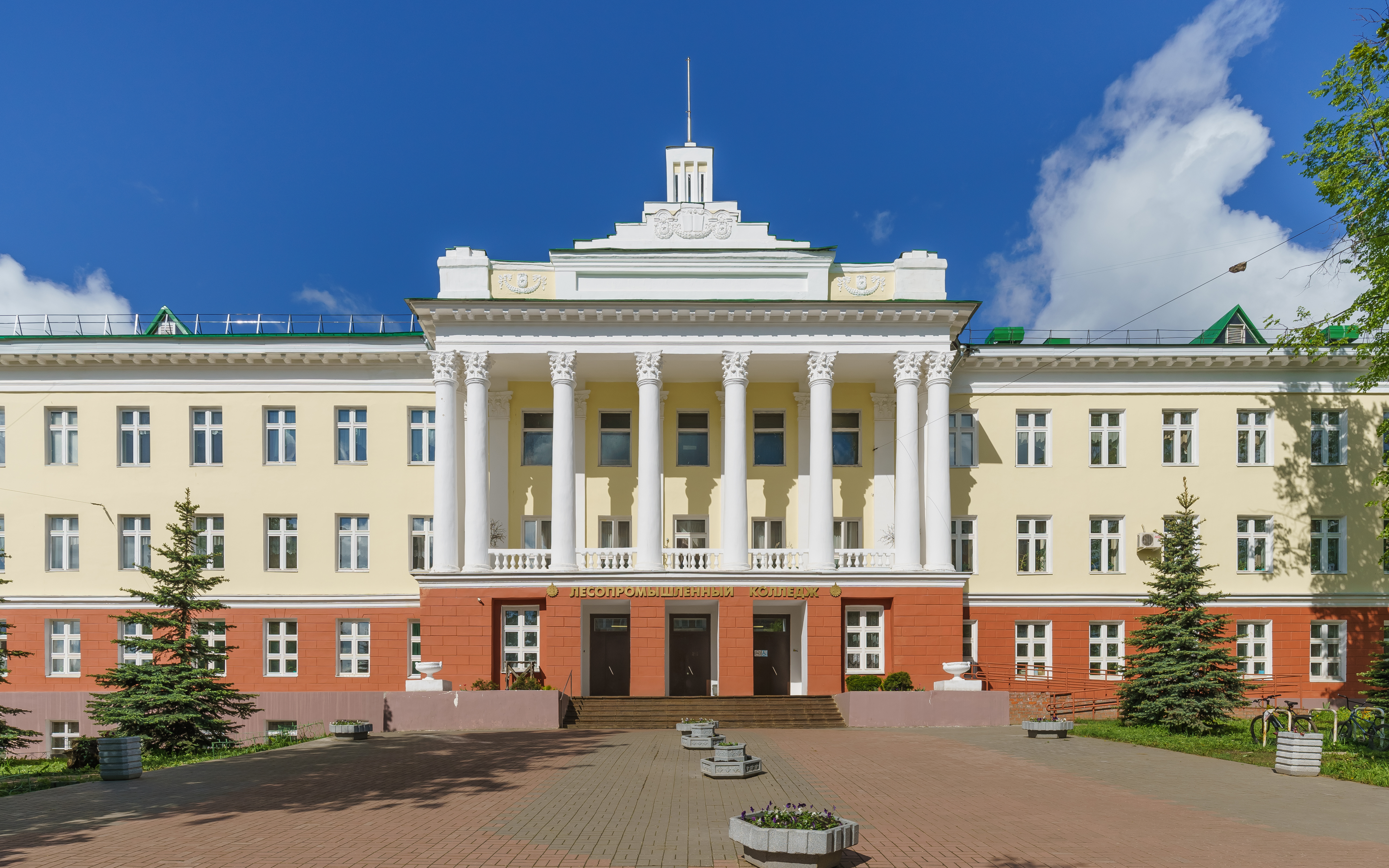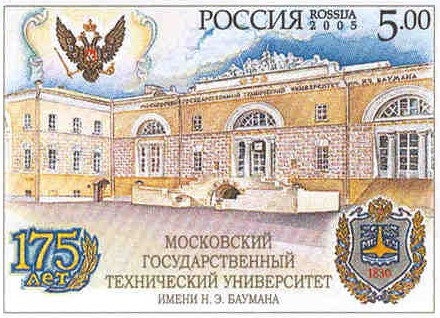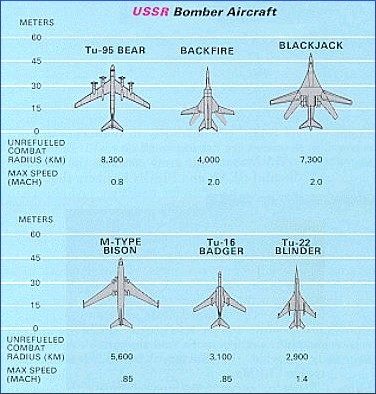|
Yuri Grigorievich Laptev
Yuri Grigorievich Laptev (; - 12 December 1984) was a Soviet writer, journalist and actor. He was a winner of the Stalin Prize in 1949. Laptev was born in 1903 in Vyatka (now Kirov). In 1927, he graduated from film school, and between 1928 and 1931 he studied at the Moscow Higher Technical School. He worked as in the Soviet film industry in various capacities, as actor, editor and assistant director. Writing from the 1920s onwards, his first story was published in 1942. He was an active participant in the Great Patriotic War from its inception in 1941; from 1942 he was a special correspondent for the '' Krasny Sokol'' newspaper of the 18th Air Army. His war experiences provided the fuel from short stories such as "Portrait of a Pilot" which was translated into English for an anthology of Soviet short stories published by Penguin. More broadly, his work deals with themes such as the Russian village before and after the war, life in collective farms, etc. These inspired some of h ... [...More Info...] [...Related Items...] OR: [Wikipedia] [Google] [Baidu] |
USSR State Prize
The USSR State Prize () was one of the Soviet Union’s highest civilian honours, awarded from its establishment in September 1966 until the dissolution of the USSR in 1991. It recognised outstanding contributions in the fields of science, mathematics, literature, the arts, and architecture. History State Stalin Prize (1941–1956) The award traces its origins to the State Stalin Prize (), commonly known as the Stalin Prize, which was established in 1941. It honoured achievements in science, technology, literature, and the arts deemed vital to the Soviet war effort and postwar reconstruction.Volkov, Solomon; Bouis, Antonina W., trans. 2004. ''Shostakovich and Stalin: The Extraordinary Relationship Between the Great Composer and the Brutal Dictator''. New York: Alfred A. Knopf. ISBN 0-375-41082-1. Ceremonies were suspended during 1944–45 and then held twice in 1946 (January for works from 1943–44; June for 1945 works). USSR State Prize (1966–1991) By 1966, the Stalin Prize h ... [...More Info...] [...Related Items...] OR: [Wikipedia] [Google] [Baidu] |
Kirov, Kirov Oblast
Kirov (, ), formerly known as Vyatka ( rus, Вя́тка, links=no, a=, p=[ˈvʲatka]) until 1934 and as Khlynov () from 1457 to 1780, is the largest types of inhabited localities in Russia, city and administrative center of Kirov Oblast, Russia. It is situated on the Vyatka (river), Vyatka River in European Russia, northeast of Moscow. Its population was 468,212 in 2021, up to roughly 750 thousand residents in the urban agglomeration. The city was founded in 1374 (according to other sources in 1181). It was the center of Vyatka Land, which was settled by Russians during the Middle Ages. It was renamed ''Kirov'' after the Bolshevik politician Sergei Kirov in 1934, even though he never visited the city. It is an important economic, transportation, industrial, educational and cultural center in Volga-Vyatka Economic Region, Volga-Vyatka region. It is also home to the many Russian folk crafts, such as Dymkovo toys, vyatka lace and carving on a capa-root. In the historic part of t ... [...More Info...] [...Related Items...] OR: [Wikipedia] [Google] [Baidu] |
Moscow Higher Technical School
The Bauman Moscow State Technical University (BMSTU; ), sometimes colloquially referred as the ''Bauman School'' or ''Baumanka'' (), is a public technical university (polytechnic) located in Moscow, Russia. Bauman University offers B.S., M.S & PhD degrees in various engineering fields and applied sciences. In 2023, ''US News & World Report'' ranked it #1,758 in the world. History Bauman University is the second oldest educational institution in Russia after Lomonosov Moscow State University (1755). In 1763, the Russian Empress Catherine II founded the Educational Imperial House. On October 5, 1826, the dowager Empress Maria Feodorovna issued a decree to establish "''great workshops for different crafts with bedrooms, a dining room, etc.''" as a part of the Moscow Foundling Home in the German Quarter. All craft pupils were moved from an Orphanage there. On July 1, 1830, Emperor Nicholas I approved the Statute of Moscow Craft School. Russia's developing industry needed ... [...More Info...] [...Related Items...] OR: [Wikipedia] [Google] [Baidu] |
Great Patriotic War
The Eastern Front, also known as the Great Patriotic War (term), Great Patriotic War in the Soviet Union and its successor states, and the German–Soviet War in modern Germany and Ukraine, was a Theater (warfare), theatre of World War II fought between the European Axis powers and Allies of World War II, Allies, including the Soviet Union (USSR) and Polish Armed Forces in the East, Poland. It encompassed Central Europe, Eastern Europe, Northern Europe, Northeast Europe (Baltic states, Baltics), and Southeast Europe (Balkans), and lasted from 22 June 1941 to 9 May 1945. Of the estimated World War II casualties, 70–85 million deaths attributed to World War II, around 30 million occurred on the Eastern Front, including 9 million children. The Eastern Front was decisive in determining the outcome in the European theatre of World War II, European theatre of operations in World War II, eventually serving as the main reason for the defeat of Nazi Germany and the Axis ... [...More Info...] [...Related Items...] OR: [Wikipedia] [Google] [Baidu] |
Krasny Sokol
Krasny, Krasnaya, or Krasnoye may refer to: * Krasny (surname), a Russian language surname Places * Krasny, Russia or Krasnaya or Krasnoye, several inhabited localities in Russia * Krasni, Nagorno-Karabakh, a village in the Republic of Artsakh * Krasnaya (river), a river in Kaliningrad Oblast, Russia * Krasnaya Hotel Bristol Hotel () is a hotel in Odesa, Ukraine. Built between 1898 and 1899, it is located in the city centre in Italiiska Street, opposite the Odesa Philharmonic Theater. p. 106, "It was built in 1898-1899" Description This stylish four-star 19 ..., former name of Bristol Hotel, Odesa, Ukraine See also * Krasnoselsk (other) * Krasny Khutor * Krasny Oktyabr (other) * * * {{Disambiguation, geo Surnames from nicknames ... [...More Info...] [...Related Items...] OR: [Wikipedia] [Google] [Baidu] |
18th Air Army
Soviet Long Range Aviation (, literally ''Aviation of Distant Action'' and abbreviated DA) was a sub-branch of the Soviet Air Forces responsible for delivering long-range nuclear or conventional strikes by aircraft (rather than missiles). The Russian Long Range Aviation and now-dissolved Ukrainian Long Range Aviation were both previously part of the Soviet Air Forces, before it was split into the Air Forces of its many successor states, most notably the Russian Air Force and Ukrainian Air Force. Those branches were tasked with long-range bombardment of strategic targets with nuclear weapons. During the Cold War, the Long-Range Aviation of the Air Forces (DA VS) was the rough Soviet equivalent to the French Air Force's Forces aériennes stratégiques (1964-present); the British RAF Bomber Command (1936-68); and the United States Air Force (USAF) Strategic Air Command (1946–1992). In the early 2020s there are roughly-equivalent structures within the People's Liberation Ar ... [...More Info...] [...Related Items...] OR: [Wikipedia] [Google] [Baidu] |
Penguin Books
Penguin Books Limited is a Germany, German-owned English publishing, publishing house. It was co-founded in 1935 by Allen Lane with his brothers Richard and John, as a line of the publishers the Bodley Head, only becoming a separate company the following year."About Penguin – company history" , Penguin Books. Penguin revolutionised publishing in the 1930s through its inexpensive paperbacks, sold through Woolworths (United Kingdom), Woolworths and other stores for Sixpence (British coin), sixpence, bringing high-quality fiction and non-fiction to the mass market. Its success showed that large audiences existed for several books. It also affected modern British popular culture significantly through its books concerning politics, the arts, and science. Penguin Books is now an imprint (trad ... [...More Info...] [...Related Items...] OR: [Wikipedia] [Google] [Baidu] |
Gorky Literary Institute
The Maxim Gorky Literature Institute () is an institution of higher education in Moscow, Russia. It is located at 25 Tverskoy Boulevard in central Moscow. History The institute was founded in 1933 on the initiative of Maxim Gorky, a writer, founder of the socialist realism literary method, and a political activist. It received its current name at Gorky's death in 1936. The institute has been at the same location, not far from Pushkin Square, for more than seventy years, in a complex of historic buildings dating back to the 18th and 19th centuries. The main building at 25 Tverskoy Boulevard was the birthplace of Alexander Herzen and frequented by well-known writers of the 19th century, including Nikolai Gogol, Vissarion Belinsky, Pyotr Chaadayev, Aleksey Khomyakov, and Yevgeny Baratynsky. In the 1920s it housed various writers' organizations and a literary museum. It also provided accommodations for writers, including Andrei Platonov, Vsevolod Ivanov, Osip Mandelstam, and ... [...More Info...] [...Related Items...] OR: [Wikipedia] [Google] [Baidu] |
1903 Births
Events January * January 1 – Edward VII is proclaimed Emperor of India. * January 10 – The Aceh Sultanate was fully annexed by the Dutch East Indies, Dutch forces, deposing the last sultan, marking the end of the Aceh War that have lasted for almost 30 years. * January 19 – The first west–east transatlantic radio broadcast is made from the United States to England (the first east–west broadcast having been made in 1901#December, 1901). February * February 13 – Venezuelan crisis of 1902–03, Venezuelan crisis: After agreeing to arbitration in Washington, the United Kingdom, Germany and Italy reach a settlement with Venezuela resulting in the Washington Protocols. The naval blockade that began in 1902 ends. * February 23 – Cuba leases Guantánamo Bay to the United States "in perpetuity". March * March 2 – In New York City, the Martha Washington Hotel, the first hotel exclusively for women, opens. * March 3 – The British Admir ... [...More Info...] [...Related Items...] OR: [Wikipedia] [Google] [Baidu] |
1984 Deaths
__NOTOC__ The following is a list of notable deaths in 1984. Entries for each day are listed alphabetically by surname. A typical entry lists information in the following sequence: * Name, age, country of citizenship at birth, subsequent country of citizenship (if applicable), reason for notability, cause of death (if known), and reference. Deaths in 1984 January * January 1 ** Alexis Korner, British blues musician and broadcaster (b. 1928) ** Joaquín Rodríguez Ortega, Spanish bullfighter (b. 1903) * January 5 – Giuseppe Fava, Italian writer (b. 1925) * January 6 – Ernest Laszlo, Hungarian-American cinematographer (b. 1898) * January 7 – Alfred Kastler, French physicist, Nobel Prize laureate (b. 1902) * January 9 – Sir Deighton Lisle Ward, 4th Governor-General of Barbados (b. 1909) * January 11 – Jack La Rue, American actor (b. 1902) * January 14 ** Saad Haddad, Lebanese military officer and militia leader (b. 1936) ** Ray Kroc, American entrepreneur (b. 1902) * J ... [...More Info...] [...Related Items...] OR: [Wikipedia] [Google] [Baidu] |
People From Kirov, Kirov Oblast
The term "the people" refers to the public or common mass of people of a polity. As such it is a concept of human rights law, international law as well as constitutional law, particularly used for claims of popular sovereignty. In contrast, a people is any plurality of persons considered as a whole. Used in politics and law, the term "a people" refers to the collective or community of an ethnic group or nation. Concepts Legal Chapter One, Article One of the Charter of the United Nations states that "peoples" have the right to self-determination. Though the mere status as peoples and the right to self-determination, as for example in the case of Indigenous peoples (''peoples'', as in all groups of indigenous people, not merely all indigenous persons as in ''indigenous people''), does not automatically provide for independent sovereignty and therefore secession. Indeed, judge Ivor Jennings identified the inherent problems in the right of "peoples" to self-determination, as i ... [...More Info...] [...Related Items...] OR: [Wikipedia] [Google] [Baidu] |







